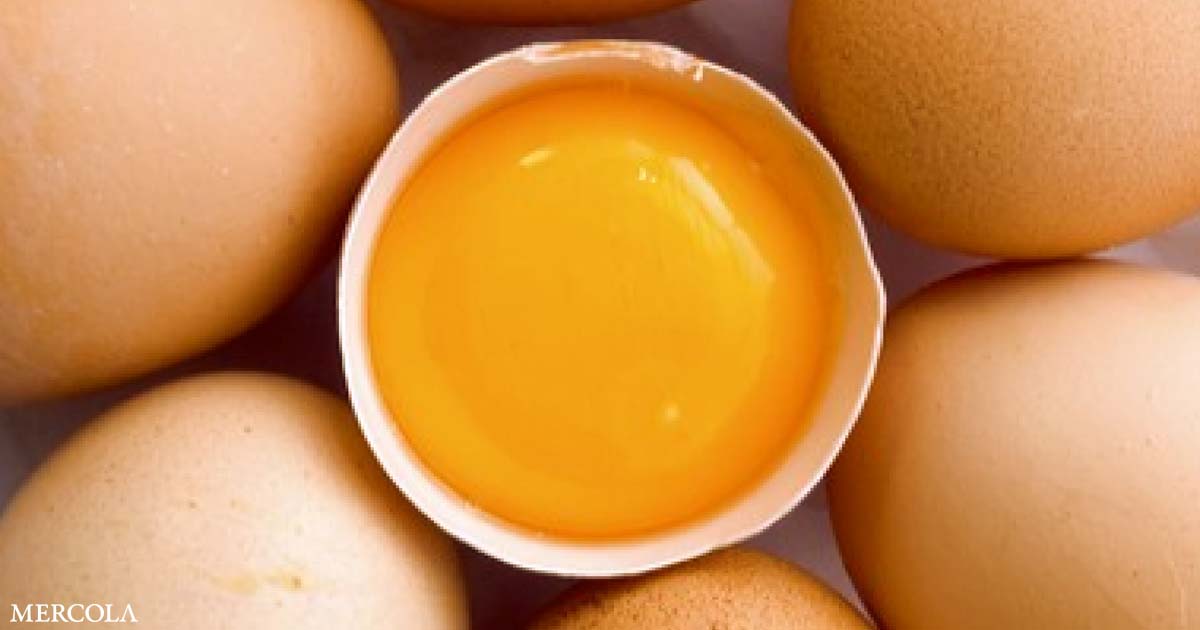Are Egg Yolks Good or Bad?
Egg white omelets and other yolk-free recipes have become synonymous with "healthy" to many.

But if you toss out your egg yolks, you're also tossing out some of the most nutritious parts of the egg.
For instance, egg yolks (but not whites) contain vitamins A, D, E and K along with omega-3 fats. Compared to the whites, egg yolks also contain more beneficial folate and vitamin B-12. The yolks also contain far more of the nutrient choline than the whites, and allof the antioxidants lutein and zeaxanthin.
Egg yolks have been unfairly vilified for decades because they contain cholesterol and saturated fat. But contrary to the prevailing nutritional dogma that such dietary components need to be avoided, the cholesterol and saturated fat in animal foods like egg yolks are quite beneficial for your health.
Many of the healthiest foods happen to be rich in cholesterol and saturated fats. Cholesterol has been demonized since the early 1940s, following the popularization of flawed research by Ancel Keys, who laid the groundwork for decades of other studies villainizing it.1
1However, cholesterol has many health benefits. It plays a key role in regulating protein pathways involved in cell signaling and may also regulate other cellular processes,2 for instance.
2It's already known that cholesterol plays a critical role within your cell membranes, but research suggests cholesterol also interacts with proteins inside your cells, adding even more importance. Your body is composed of trillions of cells that need to interact with each other.
Cholesterol is one of the molecules that allows for these interactions to take place. For example, cholesterol is the precursor to bile acids so, without sufficient amounts of cholesterol, your digestive system can be adversely affected. It also plays an essential role in your brain, which contains about 25% of the cholesterol in your body. It is critical for synapse formation, i.e. the connections between your neurons, which allow you to think, learn new things, and form memories.
One egg yolk contains about 210 milligrams (mg) of cholesterol, which is why public health agencies have long suggested Americans limit their intake. This is a highly flawed recommendation on multiple levels; for starters, "high" cholesterol does not cause heart disease, and beyond that, eating cholesterol-rich food doesn't cause your cholesterol levels to increase.
Read the full article at the original website
